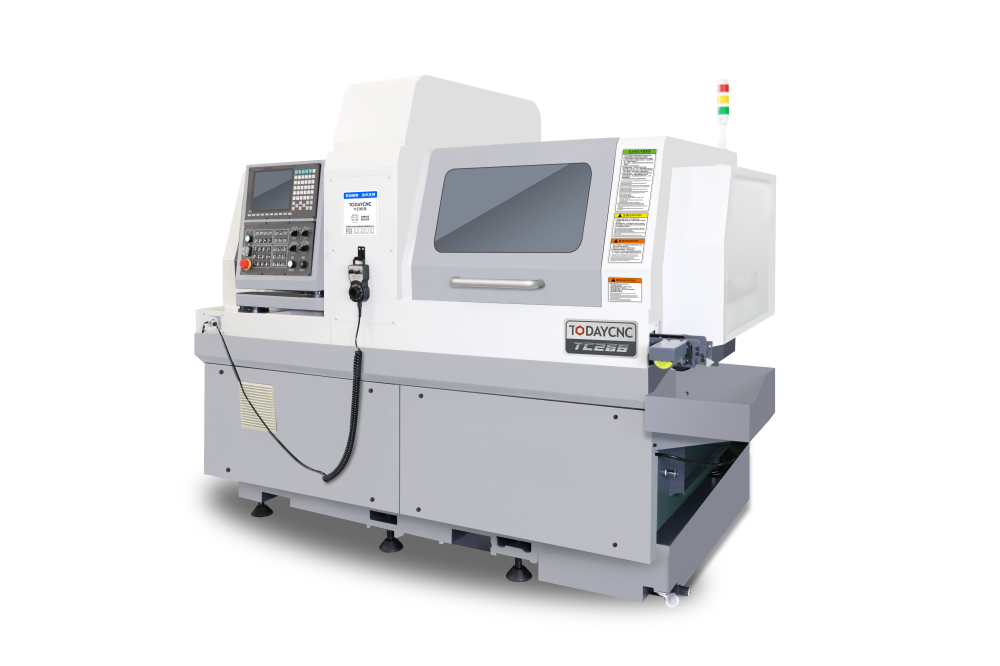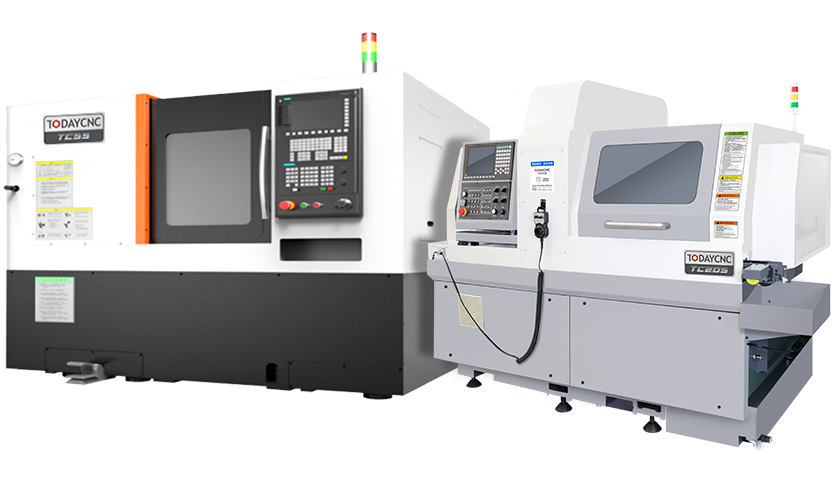Unlocking Efficiency: The Benefits of Swiss Type Automatic Lathes in Precision Manufacturing
Swiss type automatic lathes, also known as Swiss screw machines, are specialized tools designed for high-precision machining of small, complex parts. These lathes are built to deliver unparalleled accuracy and efficiency, making them a popular choice in industries that require tight tolerances, such as aerospace, automotive, and medical device manufacturing.
One of the significant advantages of Swiss type automatic lathes is their unique design, which allows the workpiece to move in a way that minimizes the distance between the tool and the part. This design feature reduces the chance of vibration, ensuring that the finished product maintains exceptional precision. Unlike traditional lathes, where the workpiece is fixed, Swiss lathes employ a sliding headstock, providing the capability to hold longer workpieces while maintaining accuracy and stability.
Another essential aspect of Swiss type automatic lathes is their ability to perform multiple operations in a single setup. With the incorporation of various tooling options, these machines can perform turning, milling, drilling, and tapping operations simultaneously. This multi-functionality results in significantly reduced cycle times and enhances productivity, which is crucial for manufacturers looking to meet tight deadlines and demand for high-quality products.
Moreover, Swiss type automatic lathes are particularly well-suited for producing small parts in high volumes. Their automated processes allow manufacturers to achieve consistent quality and reduce labor costs. This is especially valuable in industries where every second counts, and the precision of each component can impact overall system performance.
Maintenance and operation of Swiss type automatic lathes require skilled personnel, as their complex mechanisms necessitate a proper understanding to ensure optimal performance. However, the investment in training and skill development can pay off significantly, leading to improved output quality and operational efficiency.
Furthermore, the versatility of Swiss type automatic lathes enables them to work with a variety of materials, including metals, plastics, and composites. This adaptability makes them a valuable addition to any machining facility, capable of meeting the diverse needs of modern manufacturing challenges.
In conclusion, Swiss type automatic lathes represent a pivotal development in the realm of precision machining. Their unique features, such as reduced vibration, multi-functionality, and suitability for small, high-volume parts, position them as critical tools for manufacturers striving to enhance productivity and maintain stringent quality standards. As industries continue to evolve, the role of Swiss type automatic lathes will undoubtedly grow, making them an essential component in the future of manufacturing technology.
One of the significant advantages of Swiss type automatic lathes is their unique design, which allows the workpiece to move in a way that minimizes the distance between the tool and the part. This design feature reduces the chance of vibration, ensuring that the finished product maintains exceptional precision. Unlike traditional lathes, where the workpiece is fixed, Swiss lathes employ a sliding headstock, providing the capability to hold longer workpieces while maintaining accuracy and stability.
Another essential aspect of Swiss type automatic lathes is their ability to perform multiple operations in a single setup. With the incorporation of various tooling options, these machines can perform turning, milling, drilling, and tapping operations simultaneously. This multi-functionality results in significantly reduced cycle times and enhances productivity, which is crucial for manufacturers looking to meet tight deadlines and demand for high-quality products.
Moreover, Swiss type automatic lathes are particularly well-suited for producing small parts in high volumes. Their automated processes allow manufacturers to achieve consistent quality and reduce labor costs. This is especially valuable in industries where every second counts, and the precision of each component can impact overall system performance.
Maintenance and operation of Swiss type automatic lathes require skilled personnel, as their complex mechanisms necessitate a proper understanding to ensure optimal performance. However, the investment in training and skill development can pay off significantly, leading to improved output quality and operational efficiency.
Furthermore, the versatility of Swiss type automatic lathes enables them to work with a variety of materials, including metals, plastics, and composites. This adaptability makes them a valuable addition to any machining facility, capable of meeting the diverse needs of modern manufacturing challenges.
In conclusion, Swiss type automatic lathes represent a pivotal development in the realm of precision machining. Their unique features, such as reduced vibration, multi-functionality, and suitability for small, high-volume parts, position them as critical tools for manufacturers striving to enhance productivity and maintain stringent quality standards. As industries continue to evolve, the role of Swiss type automatic lathes will undoubtedly grow, making them an essential component in the future of manufacturing technology.
Related Blog














